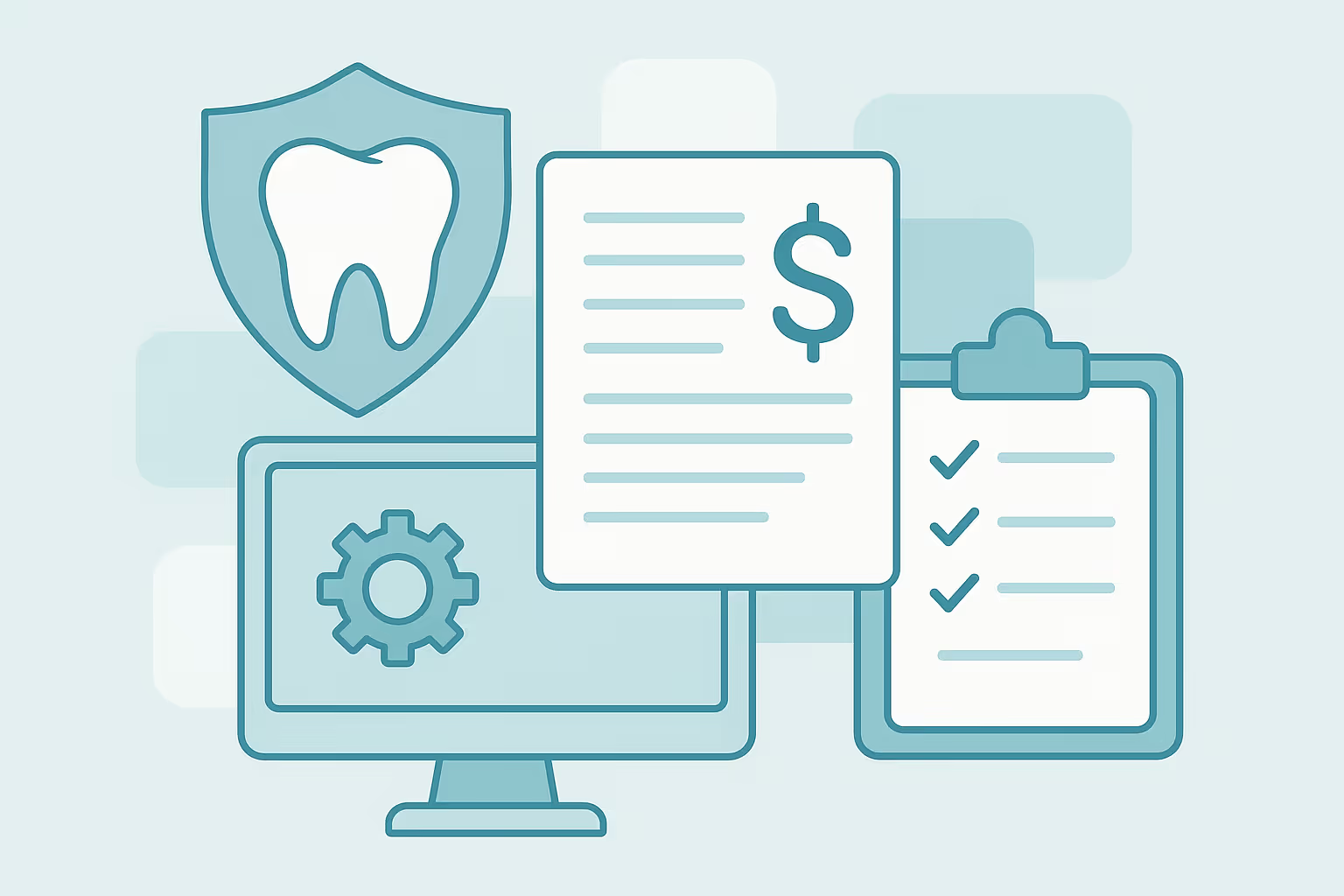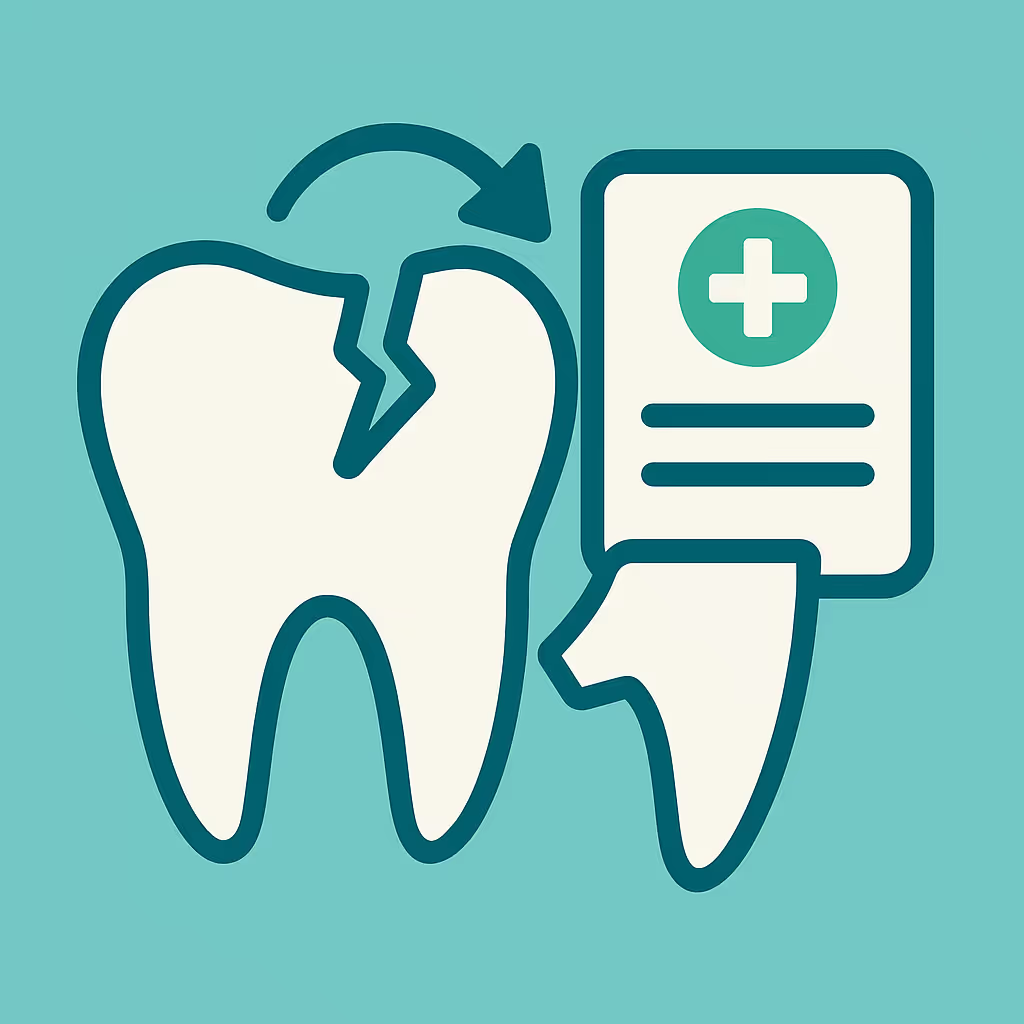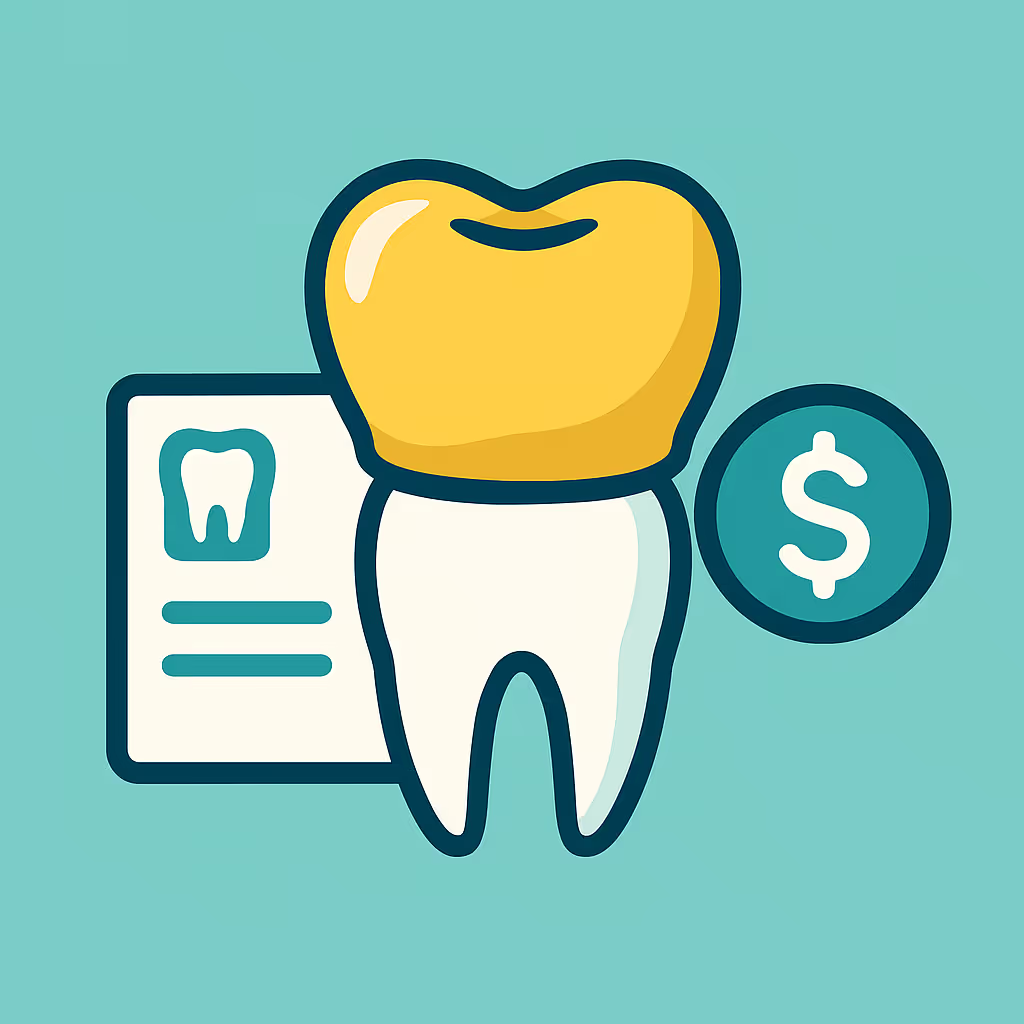Understanding Dental Code D9420
When to Use D9420 dental code
The D9420 dental code is designated for situations when a dentist must provide care to a patient in a hospital or ambulatory surgical center, rather than in the dental office. This code is used to report the additional time, resources, and coordination required when a dental procedure cannot be safely or effectively performed in a traditional dental setting. Common scenarios include patients with complex medical conditions, special needs, or those requiring general anesthesia unavailable in-office. It’s important to note that D9420 is not for the dental procedure itself, but for the call or visit to the facility.
Documentation and Clinical Scenarios
Accurate documentation is essential when billing D9420. Dental teams should clearly record the medical necessity for hospital or surgical center care, including the patient’s health status, specific risks, and why treatment could not be performed in the dental office. Typical clinical scenarios include:
- Patients with severe physical or developmental disabilities
- Individuals with uncontrolled systemic diseases (e.g., cardiac conditions, bleeding disorders)
- Cases requiring advanced sedation or general anesthesia
Include supporting notes in the patient’s chart, such as correspondence with the patient’s physician, pre-authorization from the insurance carrier, and details of the facility coordination. This documentation will be crucial if the claim is questioned or denied.
Insurance Billing Tips
Billing D9420 successfully requires a proactive approach. Here are best practices used by top-performing dental offices:
- Verify coverage: Before scheduling, confirm with the patient’s insurance whether D9420 is a covered benefit, as some plans may exclude facility calls or require pre-authorization.
- Submit supporting documentation: Attach clinical notes, medical necessity letters, and any pre-authorization approvals with the claim.
- Use correct CDT codes: Bill D9420 in addition to the primary procedure code(s) performed at the facility (e.g., simple extraction or deep sedation), as appropriate.
- Monitor EOBs and AR: Review Explanation of Benefits (EOBs) promptly for denial reasons and track Accounts Receivable (AR) to ensure timely payment.
- Appeal if necessary: If denied, submit a claim appeal with additional documentation, emphasizing the medical necessity and unique circumstances requiring the hospital or surgical center setting.
Example Case for D9420
Consider a pediatric patient with autism and severe dental anxiety who requires multiple restorations. The patient’s medical team determines that treatment must be completed under general anesthesia in an ambulatory surgical center. The dental office bills D9420 for the facility call, along with the codes for each procedure performed. Detailed documentation is submitted, including the medical necessity letter and pre-authorization from the insurance carrier. The claim is processed successfully, and the dental office receives reimbursement for both the facility call and the dental procedures.
By understanding when and how to use D9420, dental teams can ensure accurate billing, minimize denials, and provide the best care for patients with special medical needs.





